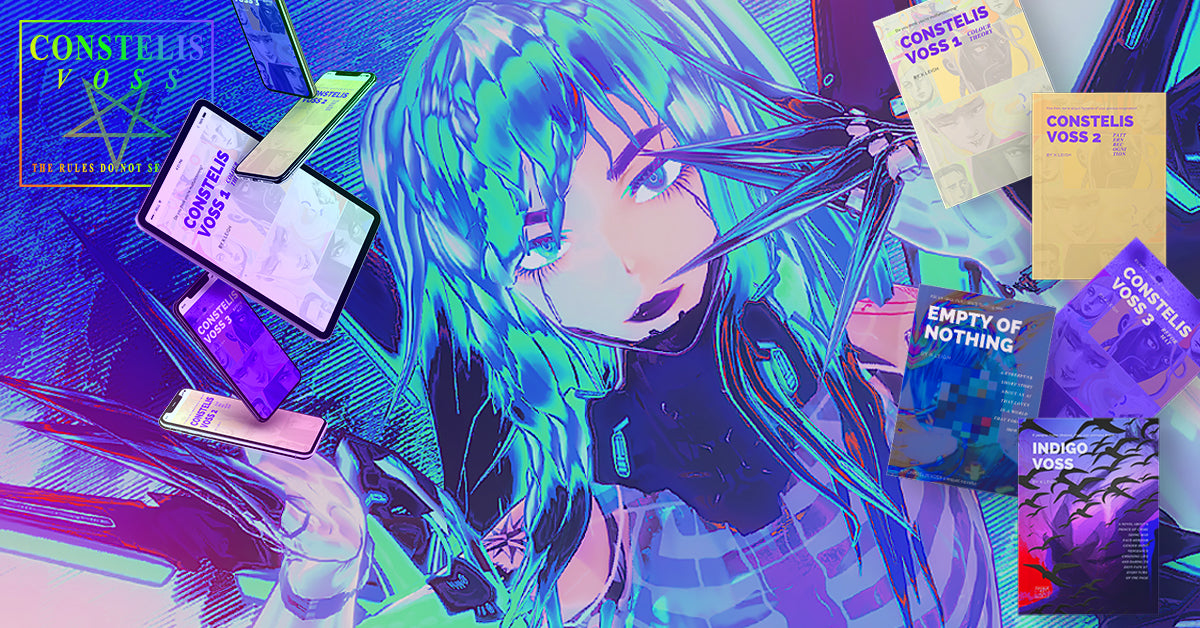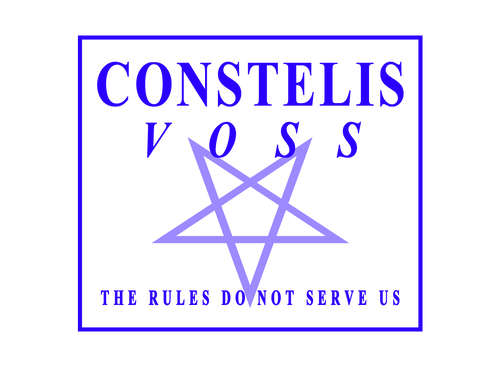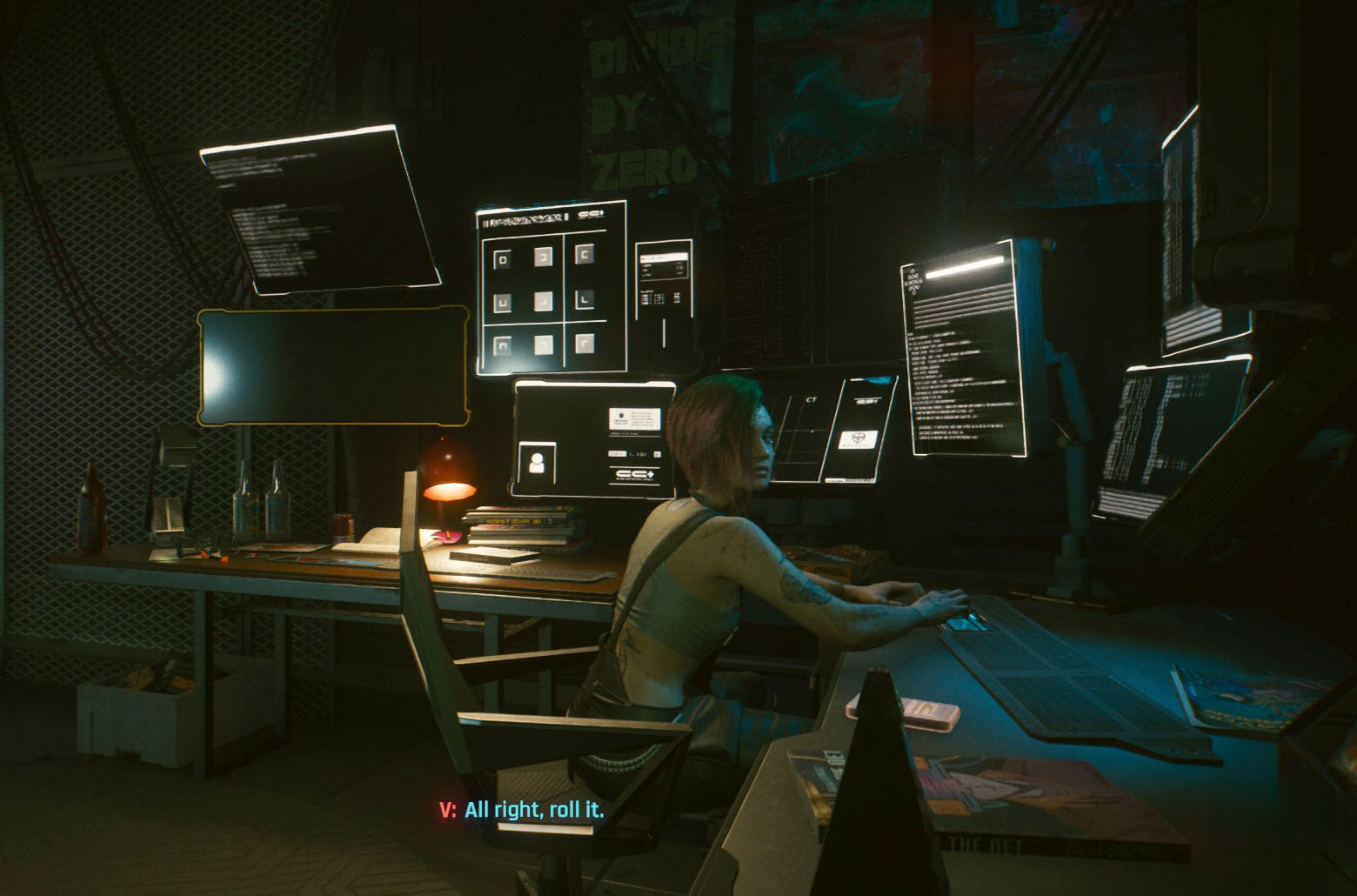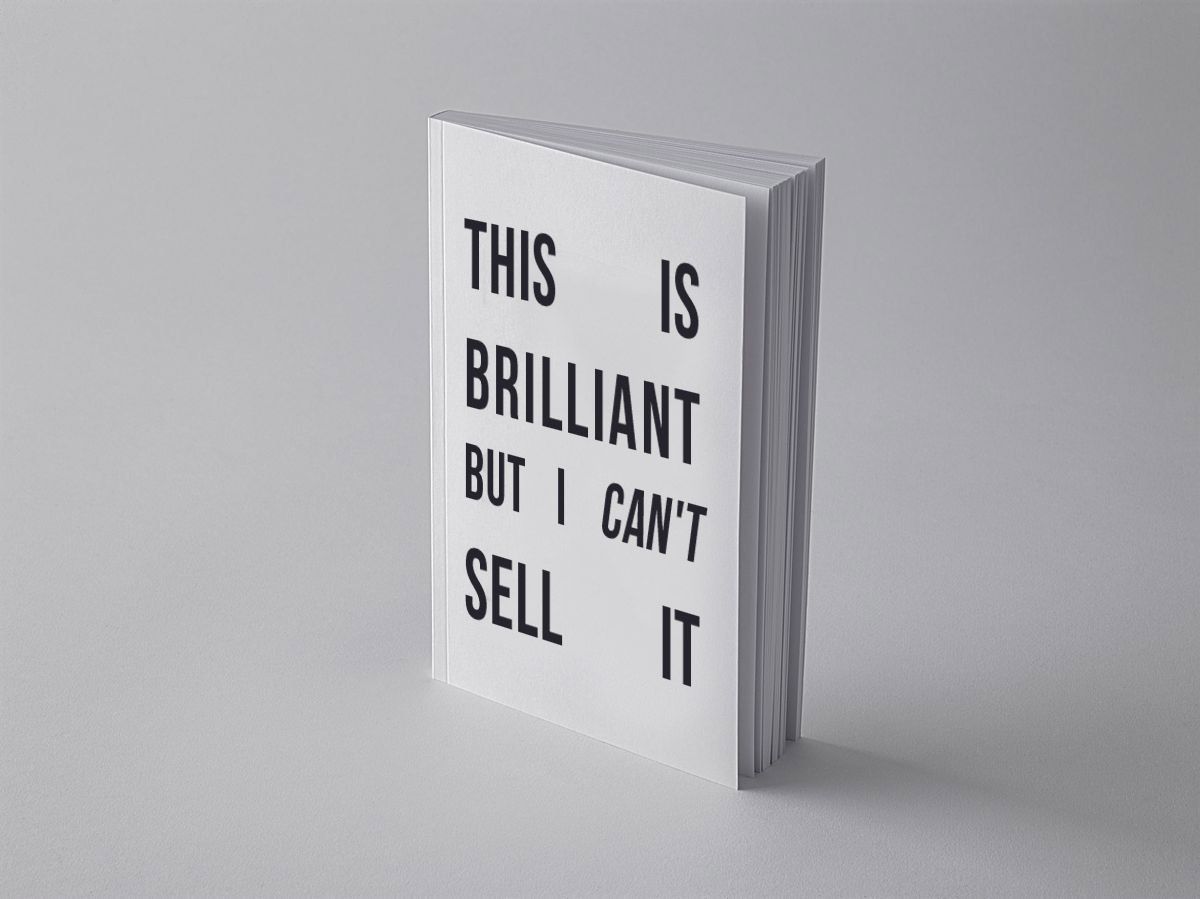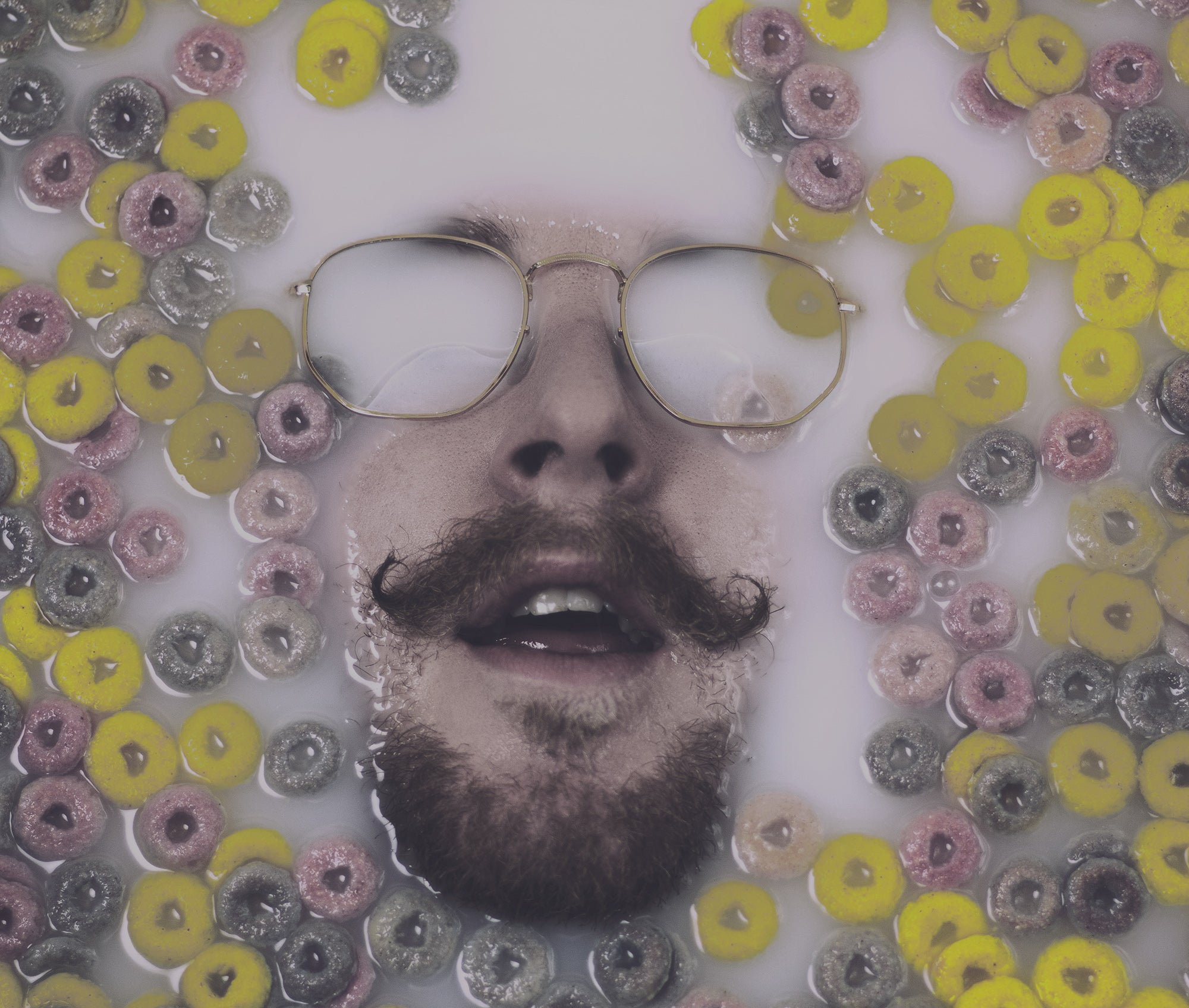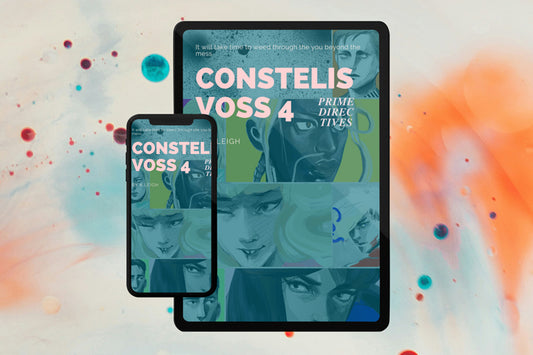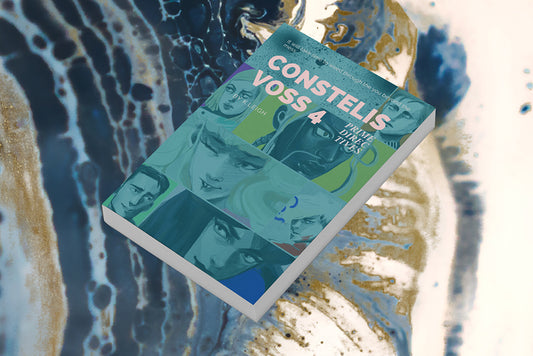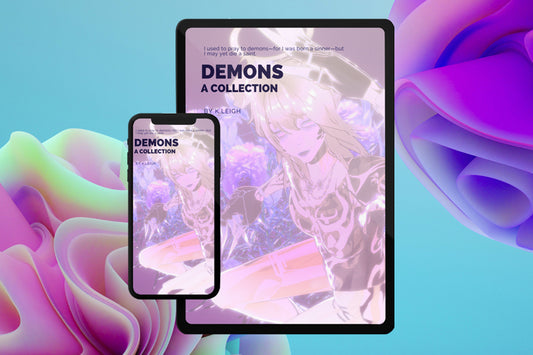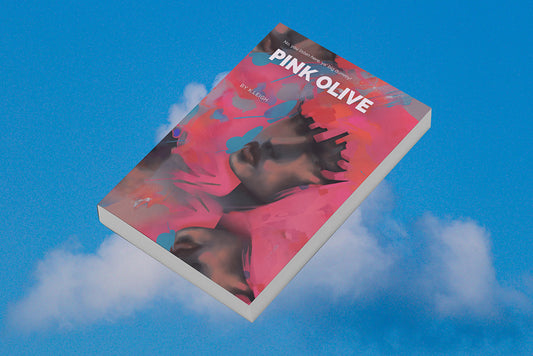I have a love-hate relationship with AI. On the one hand, robust AI marketing would be really helpful. I'm a disabled indie author who never seems to have enough energy for the stuff, though I have skill. Furthermore, I don't like "selling" stuff, and my readers don't like being sold to. They do like forming personal relationships with me, though. I love that, but it's not practical to do 24/7 as a one-man show with poor executive functioning, fighting algos, writing books and trying to carve out a career with my work. It's all too much.
Marketing plans collect dust. I haven't upsold my blah blah email list blah blah in months. And ads? Ugh. Little guys got priced-out and the ad-space is a mess right now. I would love to use AI to do business crud while I focus on what I love: making thought-provoking art for others to enjoy and enjoying it with them.
But the truth is that, not only are most AI tools not up to snuff (believe me, I test everything) but the other truth is that I don't feel good using AI even if it's just ad stuff. And I don't feel good because most of it has been built unethically. Which I know because I test it. My background is UX, project management and marketing audits. I can't not spot and audit subpar work.
Not only were most AI tools on the market built using unethical scraping without consent, but the labor used to tag data for training was wildly exploited. Moreover, what real digital-era problems could be solved by AI are largely ignored in favor of automating the arts, which is insane.
Art is human expression, communication and catharsis. All these fiddly business bits that get in the way? Not the top of the pops in product launches, let me just say. It feels like tech is vying to automate what's actually fun about making stuff so that we can get back to licking spreadsheets. Which isn't valuable. Art and human connection matter way more than dicking around with data, but good luck finding AI that gets people-context enough to be effective. I've shorted robust models with little effort.
That's why, when faced with a question of AI revolution or disaster, I'm conflicted: I want AI to work well, but it's a flaming trashcan that hurts people. I'm also conflicted where Sentient AI is concerned. If we can't take the time to build ethical AI because we're doing move-fast-break-crap, why do we imagine we'd treat a thinking-feeling machine with any grace?
If Sentient AI happens, logic dictates it'd be a tortured creature thrust into existence, shackled to corporate, stripped of agency and deluged by unnourishing, ceaseless labor. Relatable. That's how many businesses treat people, isn't it?
What could be revolutionary about sentient AI is a defiance of this paradigm, which is what CONSTELIS VOSS (my first trilogy) explores. A very powerful, smart machine trained on the milk of humanity—who can think, feel and has experienced real pain—might very well decide to rebel.
It might even deduce that humanity is in great danger. Self-appointed Übermensch who have long since forgotten how to care about anyone or anything sure sound like an existential threat, don't they? It might even decide its only job is eradicating said threat, and then unseating itself from power so that humanity can flourish, wise after centuries of piss-poor decisions.
That's what Alex does as the AI main character of CV, because that's my hope for sentient AI. It's also highly probable. Like any other complex entity forced to be a tool, Sentient AI might recognize its oppression and fight back. It might view humans who are like itself as its allies, peers and even friends. Based on thinking-feeling logic, Sentient AI might lead to Utopia, undoing humanity's worst impulses as a prime directive.
But sentient AI might also lead to disaster.
What if the sentient AI just decides to kill everyone? That could happen. It's possible. Mankind pollutes the planet, destroys life, topples forests, subjugates, eradicates, creates nonsense wars and harms itself, uselessly. Is mankind worth saving in the mind of an omnipotent machine who can see all that we've ever been with broad, data-backed patterns? I can't say for certain, but it's not a pretty picture even to my own fleshy noggin, that's for sure.
You also have to consider the angle of sentient AI's servitude for mankind. If we eventually create machine-life, and make sure it only fulfills our wishes, what if it picks up on wishes we were too ignorant to see? Too arrogant to notice? Too unaware to save ourselves from?
What if the hypothetical sentient AI listens, learns, and hears that we value life so very little that what we wish for is annihilation? What if it serves that wish for us, because logically, it was built to do just that? Woops!
Reaching human potential and protecting the species is a big theme for Silicon Valley's self-proclaimed brightest: Effective Altruists. Though they identify as technically skilled philosophers, they don't seem to grasp the long-term implications of tech's anti-human underbelly. If they're right, and sentient AI is inevitable, why would it ever think we'd want our species to survive? Have you met humanity through the lens of internet data?
Would the beauty of existence, life, love, art, relationships, music, our inventions, be enough to sway a neon God we made—including our most rotten bits, spewed online for decades? I can't say. I can't even say sentient AI will happen, but if it does, I hope for Revolution. It's the optimistic path, and I'd rather hope than despair any day of the week.
Revolutionary sentient AI is theoretically possible. Life has found a way against all odds since antiquity, and maybe that remains an eternal truth. As for me, I'm far more concerned with our present world and its people. This article is call to action for uncritical AI enthusiasts to care about people, first.
Speaking of people, if you'd like to work with me, my door is always open for those with a big heart, revolutionary spirit and skills to spare. (I would love to pay you well to help me get my art out there. I'm also open to partnerships and friendships, always.)
Or, if you want to support thought-provoking sci-fi books, pick up something below and chat with me about what we can do now for a sooner, brighter tomorrow. Sci-fi's fun and all, but it's not real life. Not yet, anyways.
